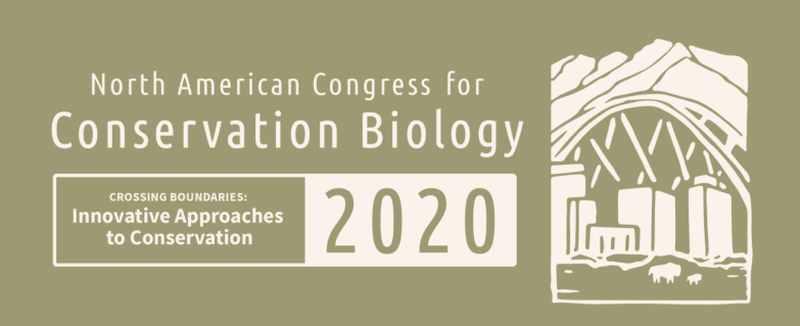


There is a mismatch between the rate of advancement in scientific understanding of the state of biodiversity (rapid) and improving conservation outcomes (slow). This difference is due, in part, to a disconnect between scientific research and the laws and policies that provide strong mechanisms for changing outcomes. This course was designed to familiarize conservation scientists whose primary focus/background is biological research with the functioning of the major conservation laws and policies of the U.S. The goal was to provide an understanding of the mechanisms by which these policies protect biodiversity, and the processes through which scientists and researchers can participate to improve outcomes. The discussion began with an overview of the broad framework of laws, regulations, and policies that implement conservation laws at the federal and state levels. We covered major laws such as the Endangered Species Act and other relevant laws such as the National Environmental Policy Act, National Forest Management Act, Federal Land Planning and Management Act. We also briefly discussed analogous state laws, and explored how federal and state governance interacts in conservation issues. In breakout groups, participants brainstomred their research can apply to these laws and policies and what new research might tie in their existing work. Groups presented a research proposal for feedback and discussion. At the end of the workshop participants were able to identify regulatory mechanisms and processes at which scientific data and analyses can impact policy outcomes.